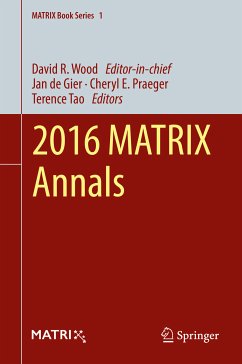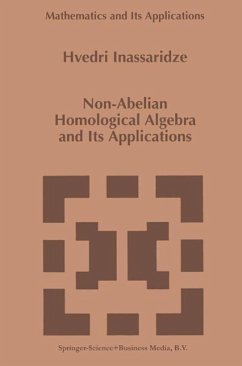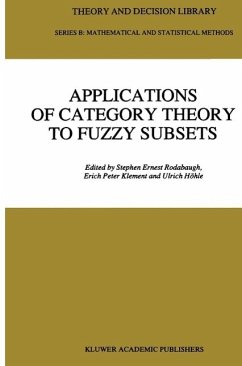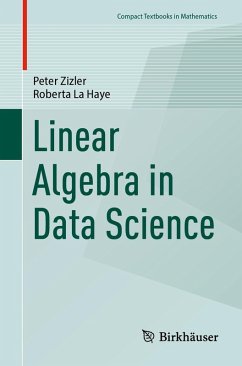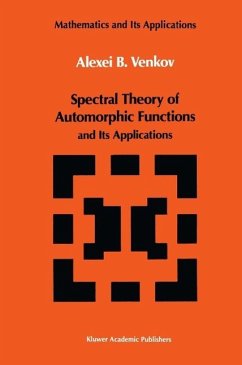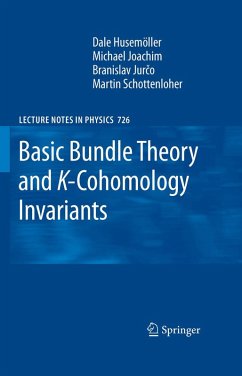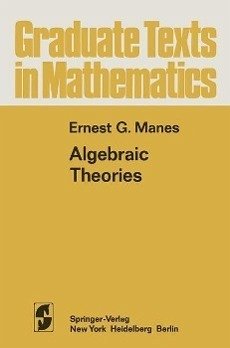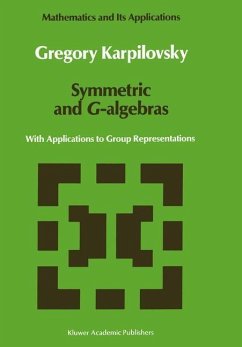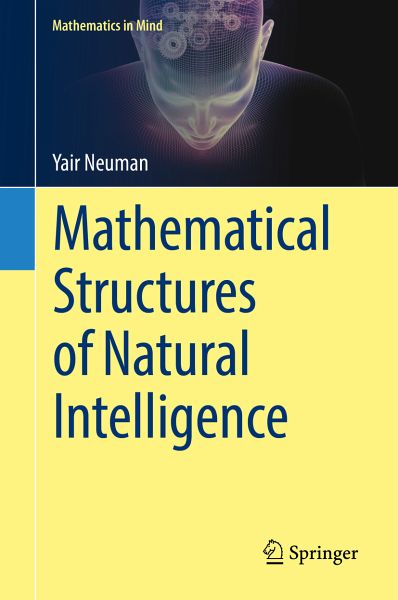
Mathematical Structures of Natural Intelligence (eBook, PDF)
Versandkostenfrei!
Sofort per Download lieferbar
68,95 €
inkl. MwSt.
Weitere Ausgaben:

PAYBACK Punkte
34 °P sammeln!
Presents a comprehensive neo-structuralist theory of intelligence as embedded in nature and culture
Uncovers general mathematical structures of relations underlying natural intelligence
Illustrates structures of intelligence in various fields from neuroscience to natural language
Uncovers general mathematical structures of relations underlying natural intelligence
Illustrates structures of intelligence in various fields from neuroscience to natural language
Dieser Download kann aus rechtlichen Gründen nur mit Rechnungsadresse in A, B, BG, CY, CZ, D, DK, EW, E, FIN, F, GR, HR, H, IRL, I, LT, L, LR, M, NL, PL, P, R, S, SLO, SK ausgeliefert werden.
Alle Preise in Euro und inkl. der gesetzl. MwSt. | Innerhalb Deutschlands liefern wir preisgebundene Bücher versandkostenfrei. Weitere Informationen: bitte hier klicken
Support
Bitte wähle dein Anliegen aus:
Rechnungen
Bestellstatus
Retourenschein
Storno



